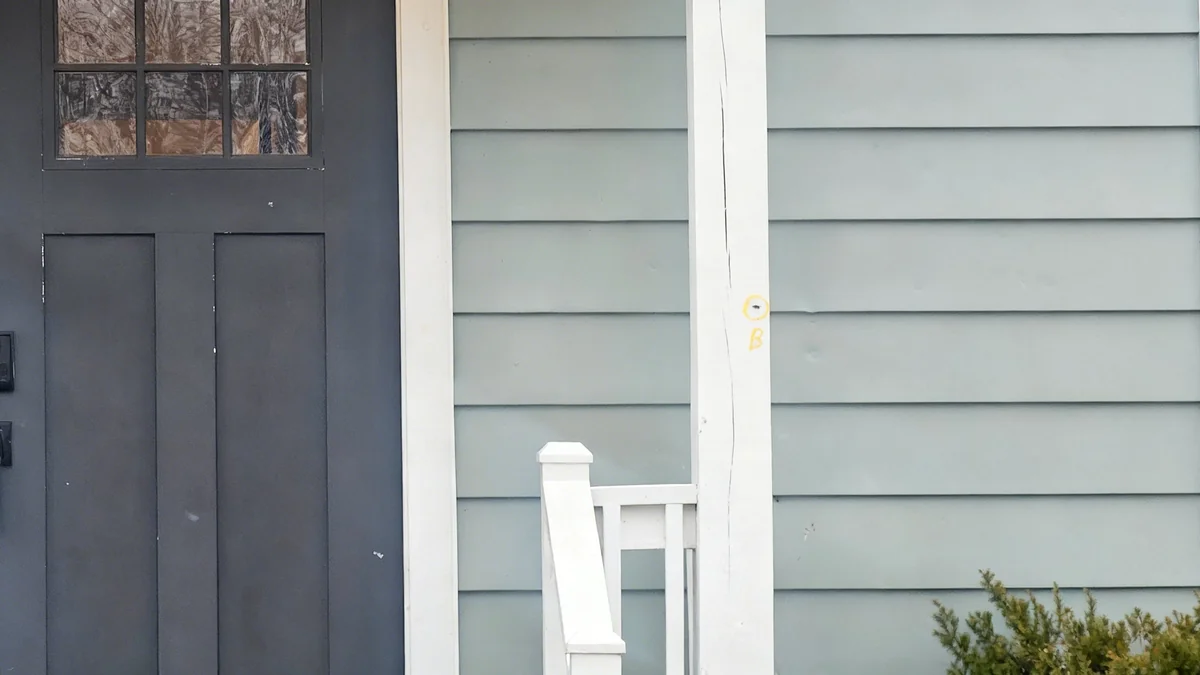Travelers from the United States and Canada often share a continent, but their approaches to international travel reveal distinct cultural differences. While some Americans have a long-standing practice of 'flag jacking' to avoid anti-American sentiment, many seasoned travel professionals say that genuine behavioral traits, not just a maple leaf flag, truly distinguish tourists from the two nations.
Key Takeaways
- Some Americans pretend to be Canadian abroad, a practice known as 'flag jacking'.
- Travel professionals note Americans are often louder and more direct than Canadians.
- Canadians tend to be more subtle and less likely to complain openly.
- Cultural differences in collectivism versus individualism influence travel behavior.
- Perception of destination advancement can affect tourist conduct.
The Myth of 'Flag Jacking' and Traveler Identity
Susanna Shankar, a dual US-Canadian citizen, recently faced skepticism in Spain when she identified as Canadian. A British gentleman accused her of lying, assuming she was American due to her accent. Shankar, who grew up in Alaska and lived in Germany before moving to Vancouver, identifies more as Canadian for political reasons. She believes the man's doubt stemmed from the common practice of 'flag jacking'.
This phenomenon, where some Americans pretend to be Canadian to avoid negative perceptions, dates back decades. It was notable during the Vietnam War, resurfaced during the Iraq War under George W. Bush, and has seen a resurgence in recent years. Americans might sew maple leaf flags onto their backpacks or simply claim Canadian nationality.
Historical Context: Flag Jacking
The practice of 'flag jacking' has been observed during periods of geopolitical tension where American foreign policy faced widespread international criticism. Travelers hoped that identifying as Canadian would lead to more positive interactions and avoid potential hostility.
Distinguishing Traits: Beyond the Accent
Many Canadians express frustration at 'flag jacking', viewing it as cowardly and a form of cultural appropriation. They argue that Americans are easily identifiable regardless of their claims. But is this true?
European tour guides who regularly work with both nationalities largely agree: there are noticeable differences. Denisa Podhrazska, who founded Let Me Show You London, states,
"Stereotypes exist for a reason. We use them because many of them are true. And it’s not just Americans, it’s for everybody. Every nation has its own little quirks, that’s how we recognize each other."
Volume and Directness in Communication
Podhrazska often identifies American tourists by their volume. "You always hear Americans because they are loud. Really nice, and loud," she explains. In contrast, she finds Canadians more subtle and less likely to dominate a conversation from a distance. Parisian tour guide Bertrand d’Aleman adds that Canadians often identify themselves as Canadian immediately, possibly to avoid being mistaken for Americans.
Traveler Behavior Study
- Dr. Kim Dae-young's research indicates nationality influences behavior abroad.
- Travelers tend to misbehave less in destinations perceived as more advanced.
- Americans in his study were more likely to litter or dress inappropriately in Thailand than in France.
Behavioral Patterns and Cultural Norms
Academic research on specific differences between American and Canadian tourists is limited, according to Kim Dae-young, a professor of hospitality management at the University of Missouri. However, his work shows that nationality, entitlement, and perceived social status significantly influence tourist behavior.
"The findings consistently show that a traveler’s nationality can significantly influence their behavior abroad," he states. "When individuals visit a destination they perceive as more advanced than their home country, they are less likely to engage in misbehavior."
Leigh Barnes, President of the Americas region at Intrepid Travel, observes that Canadians are often more adventurous and open to spontaneity. Americans, he notes, tend to prefer more structure and organization in their travel plans. He also highlights a difference in handling dissatisfaction: Canadians are less likely to complain openly, often brooding quietly, while Americans are much more vocal if something does not meet their expectations.
Understanding History and 'Skip the Line' Culture
Beyond surface-level observations, deeper cultural cues emerge. Both Podhrazska and d’Aleman agree that Canadians often demonstrate a broader understanding of European history and current affairs. This is attributed to Canada's historical ties as a Commonwealth country and its French-Canadian heritage.
Another common American trait identified by Podhrazska is an obsession with 'skip the line' options. Her affluent American clients frequently request expedited access at popular attractions, willing to pay extra. She humorously attributes this to the tiered access systems prevalent in American theme parks like Disney, which create an expectation of special treatment that often does not exist in Europe.
The Influence of Environment and Society
Charley Harrison, founder of Totally Tailored Tours in London, cautions American tourists against assuming American culture is a universal standard. She has encountered clients who expect to pay with US dollars abroad or insist that Britons have an accent, implying Americans do not.
"To me, the subtext is that I speak normally, and everyone else doesn’t," she notes.
Canadian content creator Stewart Reynolds, known as Brittlestar, offers an intriguing theory connecting Canadian behavior to their environment. While acknowledging that 'jerks' exist everywhere, Reynolds suggests that Canadians generally prioritize the group, whereas Americans often focus on the individual. This, he argues, leads Canadians to value order, such as waiting in line rather than seeking shortcuts.
The Collectivist Mindset
Reynolds links Canada's collectivist attitude to its harsh winters. He explains, "Canadian winters can be life or death sometimes and everyone needs to get their car pushed out of a snowbank every now and then. Everyone needs to shovel someone else’s driveway." This shared experience fosters a sense of mutual support and order.
Susanna Shankar, the dual citizen, also sees differences in how Americans and Canadians "hold space" in public and conversation. Americans, she believes, are raised with a strong sense of confidence and boldness, embracing an individualistic culture that supports being unique and loud. Canadians, by contrast, are more collectivist, adept at blending in and adapting to diverse cultural settings.
Despite the perception among some 'flag-jacking' Americans that they will receive better treatment as Canadians, travel operators universally dismiss this idea. Barnes emphasizes that respectful behavior, curiosity, and courtesy towards local customs are what truly lead to a positive travel experience, not nationality.





